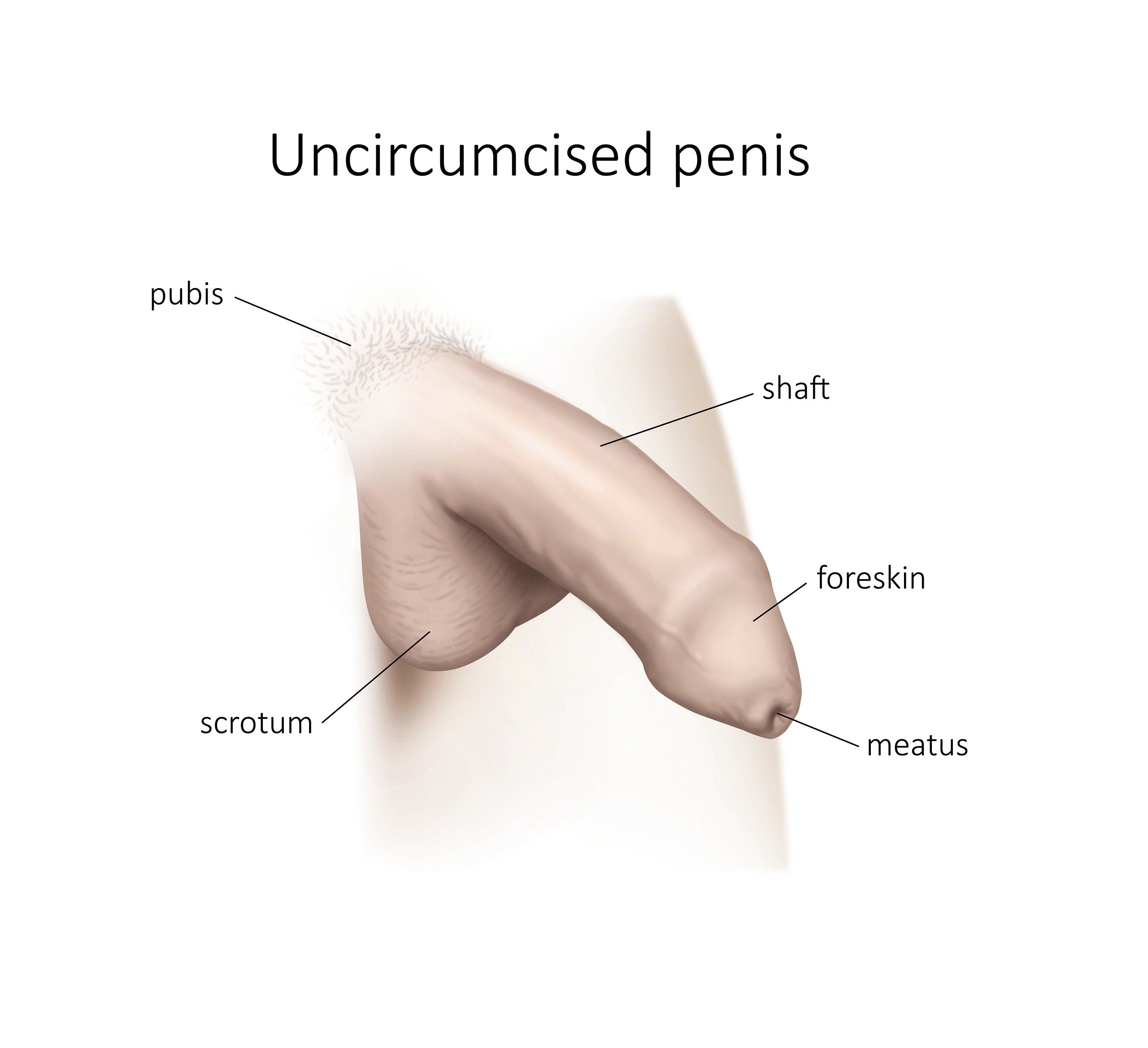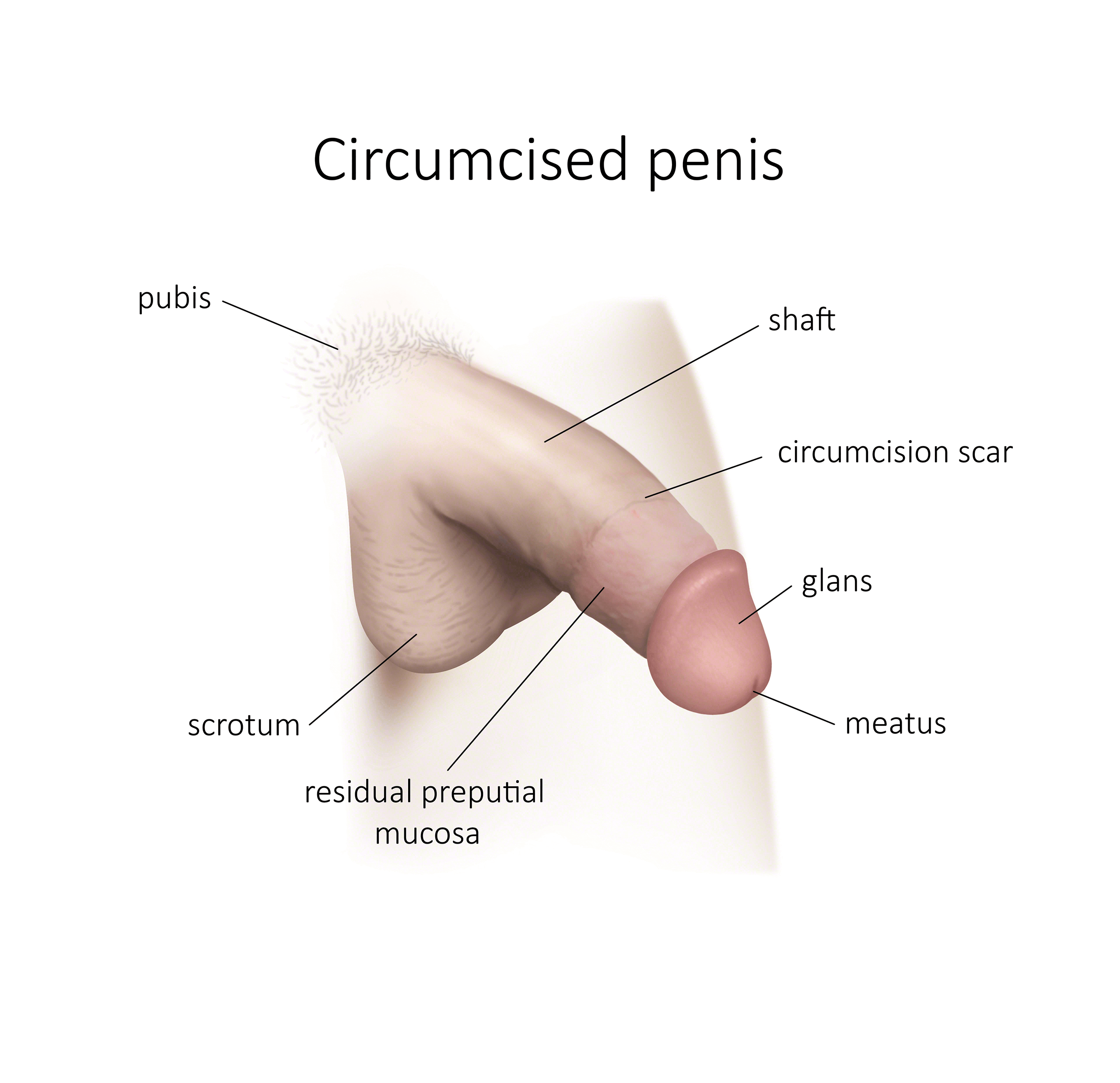Why should a teenager be circumcised?
Teenage circumcision is most often performed for medical reasons. For example, a condition called phimosis can cause the foreskin to become too tight, preventing it from pulling back over the glans.
Teenage circumcision can also be performed if the patient is experiencing inflammation or repeated infections due to infectious balanitis. Certain diseases like penile lichen sclerosis can also cause the foreskin to become whitish, thick and hard.
Moreover, many teenagers choose to get circumcised for sexual reasons, including pain during erections. Circumcision can also be performed for personal, esthetic or religious reasons.




Why choose Clinique Marois?
Our private clinics have specialized operating rooms for minor surgeries. They’re equipped with sophisticated urology technology that complies with the standards established by the Collège des Médecins du Québec.
Dr. Marois is a specialized surgical urologist that can perform various circumcision techniques to accommodate your anatomy and the complexity of any underlying issues. His techniques produce more esthetic results than traditional methods that use separate sutures.
Dr. Marois is a meticulous surgeon committed to achieving attractive results. Moreover, our patients receive a follow-up call from one of our urology nurses in the days following the procedure.
What’s the anesthesia like for a teenage circumcision?
Administering the local anesthetic is usually the most uncomfortable part of the procedure. However, the discomfort only lasts for about 15 seconds. This ensures the circumcision is painless.
First, an anesthetic cream is applied to the penis and glans. Then, a local anesthetic is injected through the skin. This anesthetic greatly reduces discomfort around the penile nerve block to ensure the patient doesn’t feel any stinging sensations.
Lastly, anesthesia is administered through the penile nerve block. This involves injecting an anesthetic mixture under the skin around the base of the penis. We wait about ten minutes before starting the circumcision to ensure the penile nerve block is effectively anesthetized.
What happens during a teenage circumcision?
If the teenager is younger than 14, they must be accompanied by a parent during the circumcision. However, if the patient is over the age of 14, they can be operated on alone.
First, the patient is asked to lie on their back. Then, a curtain is drawn below the neck to prevent them from seeing the procedure. The patient is then administered local anesthesia, and the area is disinfected and dressed in sterile drapes.
We always ensure the anesthesia is effective before starting the circumcision. The surgery itself isn’t very painful. If necessary, we use more anesthesia.
There are a variety of recognized circumcision techniques that can be used to achieve the best possible results. Dr. Marois uses several different instruments to carefully excise the skin around the glans in a perfect circle. He uses electrocautery to stop any bleeding. The frenulum of the glans is usually severed.
Finally, Dr. Marois gives the wound an esthetic closure with absorbable thread or glue, depending on the patient’s choice. Most commonly, the closure is made with a continuous absorbable thread. This technique leaves less scarring than with separate sutures.
Closure can also be achieved with surgical glue. This is the most esthetically pleasing closure method but is expensive because of the cost of the glue and longer duration of the procedure. Unlike skin sutures, surgical glue leaves no secondary scarring. This closure technique is possible only if the edges of the closure can be perfectly aligned. Once the circumcision is complete, a circular compression dressing is applied. Polysporin is also used to prevent the dressing from sticking to the wound.
Who can have a consultation and teenage circumcision on the same day?
Our patient’s safety is our top priority. Therefore, we only perform same-day circumcision on healthy patients with no major medical problems and who aren’t taking blood thinners. The patient’s groin and penis area must also be free from infection.
Dr. Marois will never perform a circumcision if he doesn’t think it’s safe to do so on the same day. However, most patients can have a circumcision immediately after their consultation.


